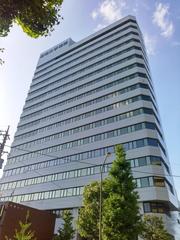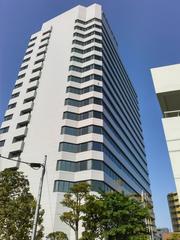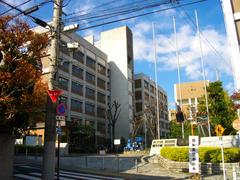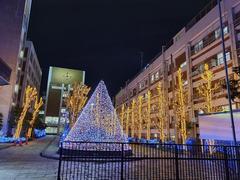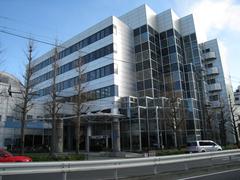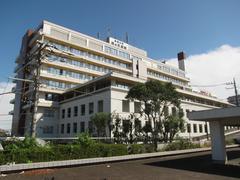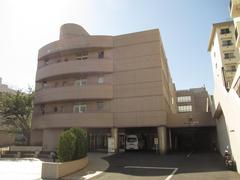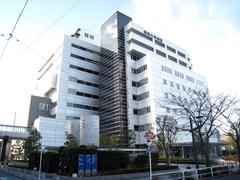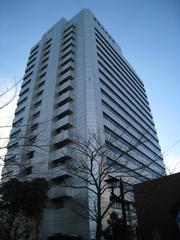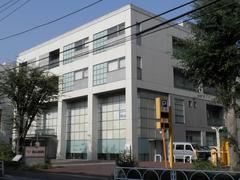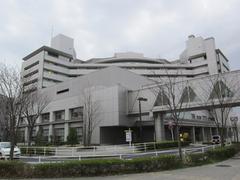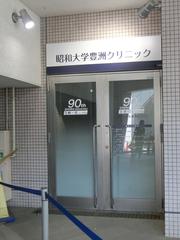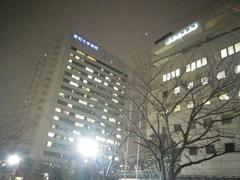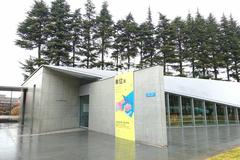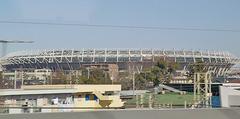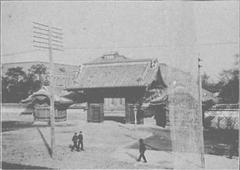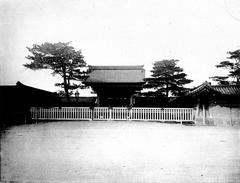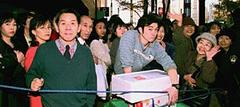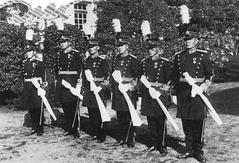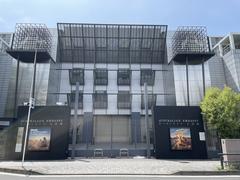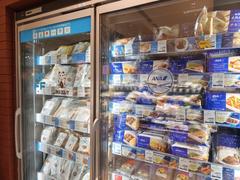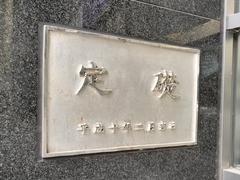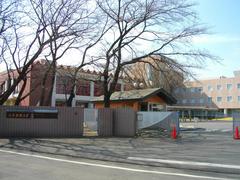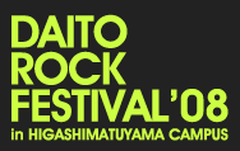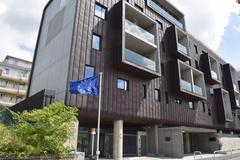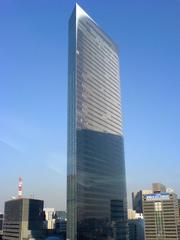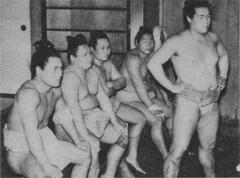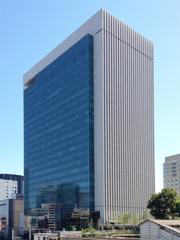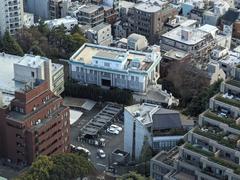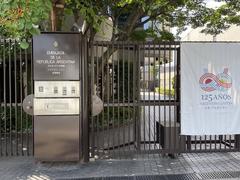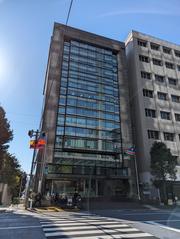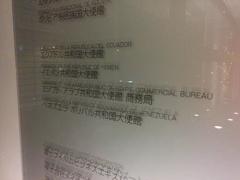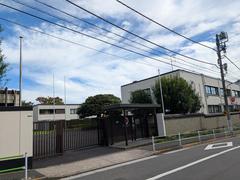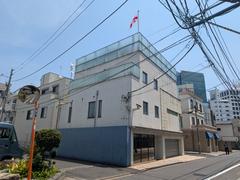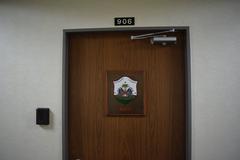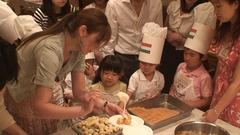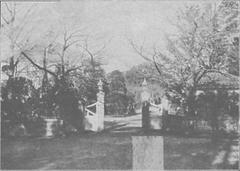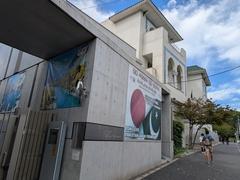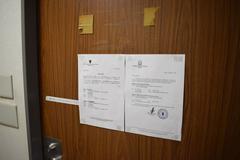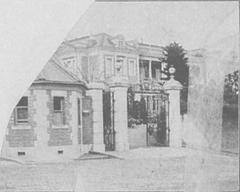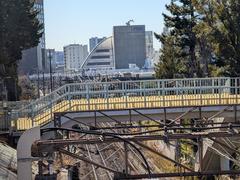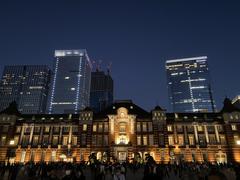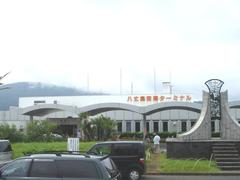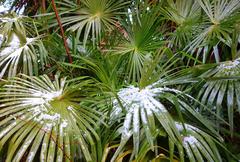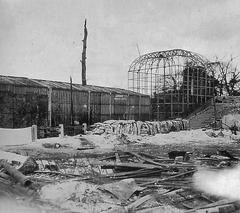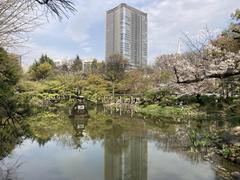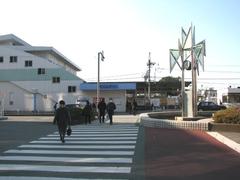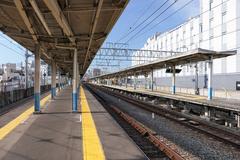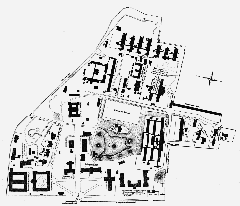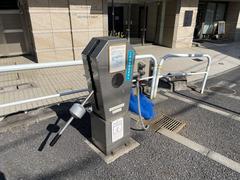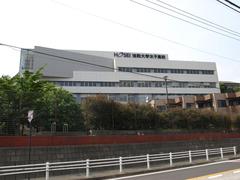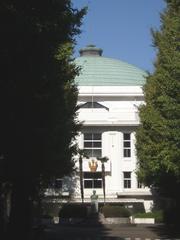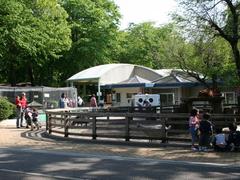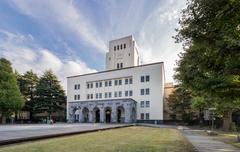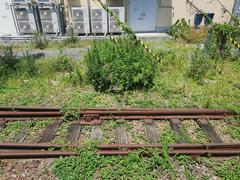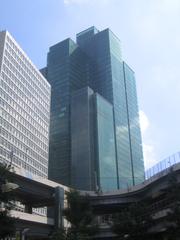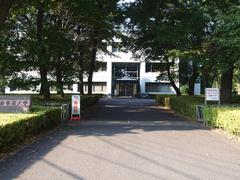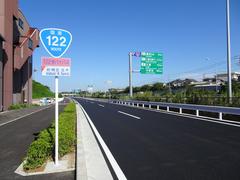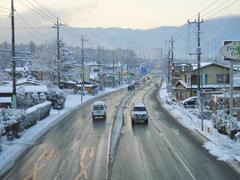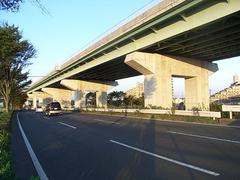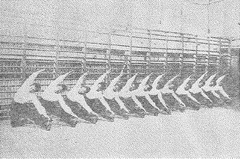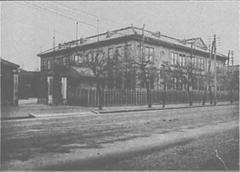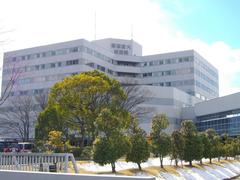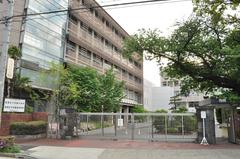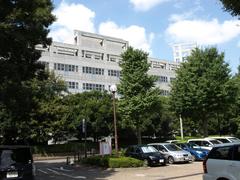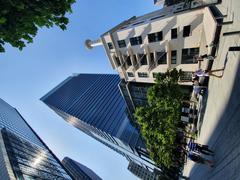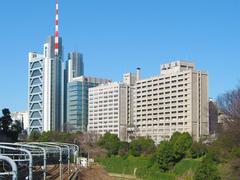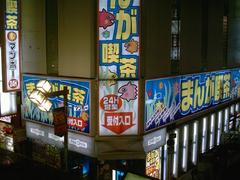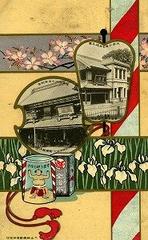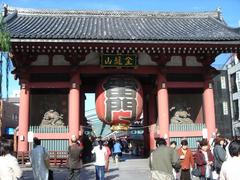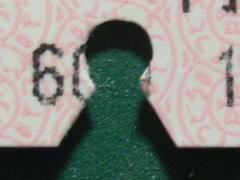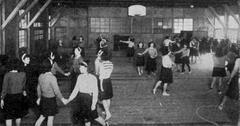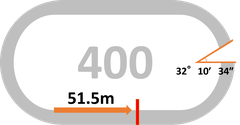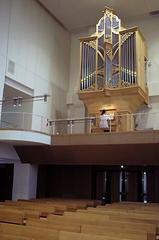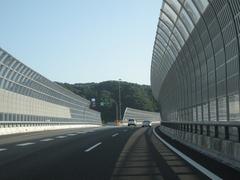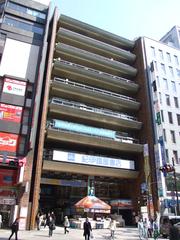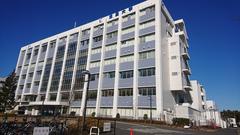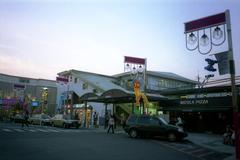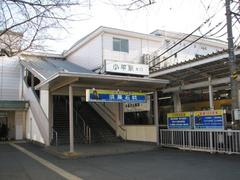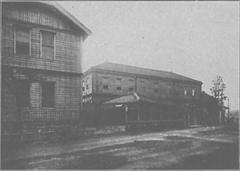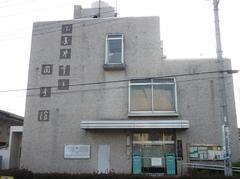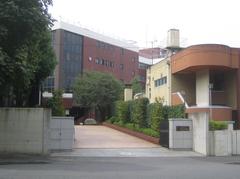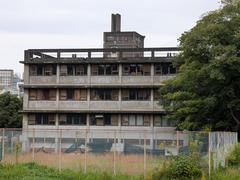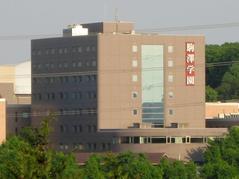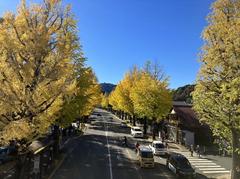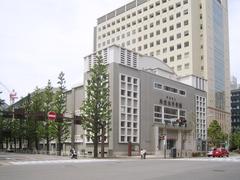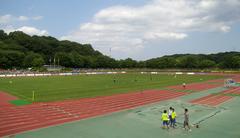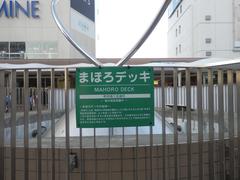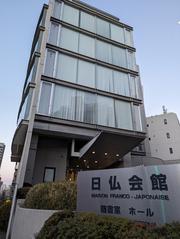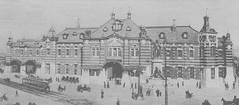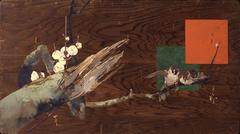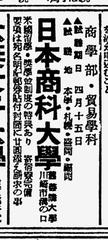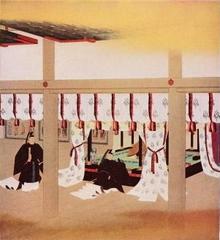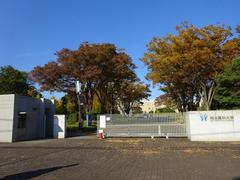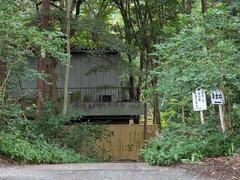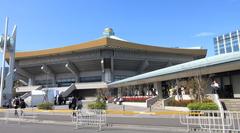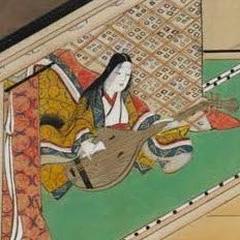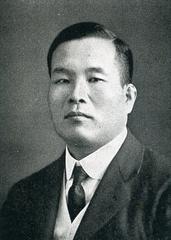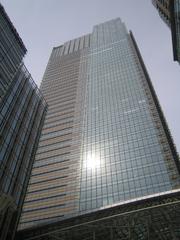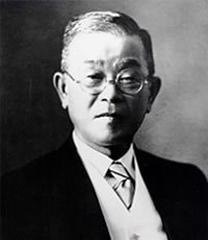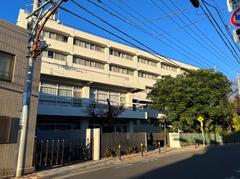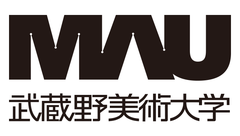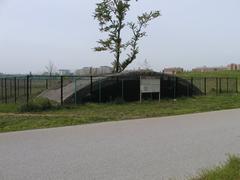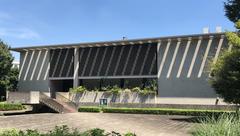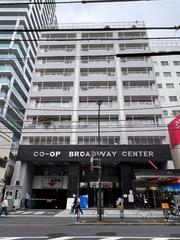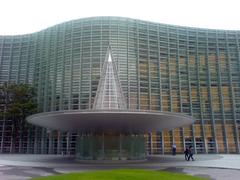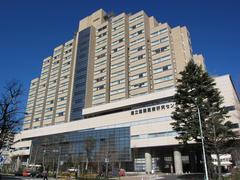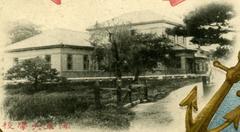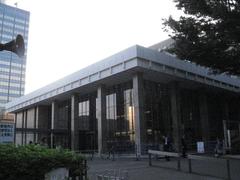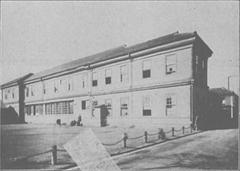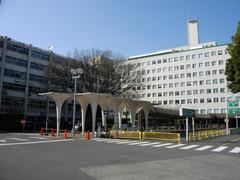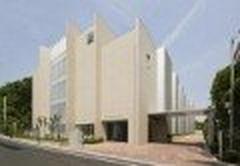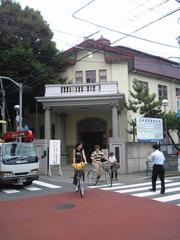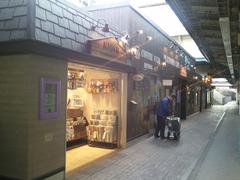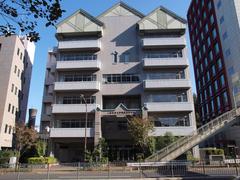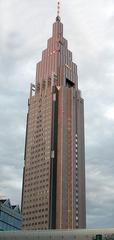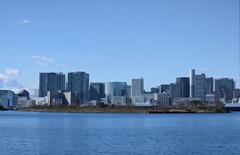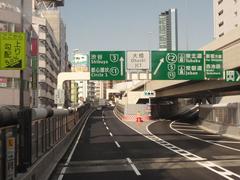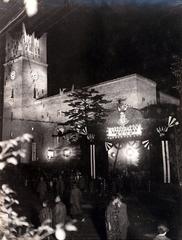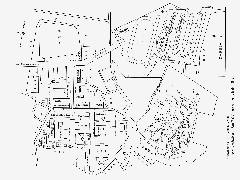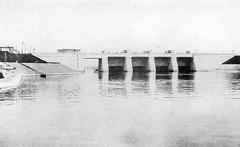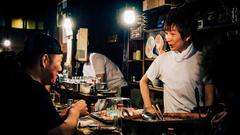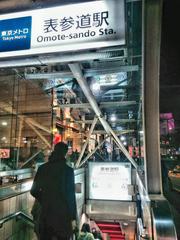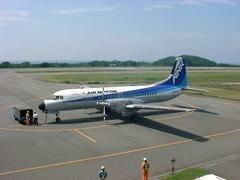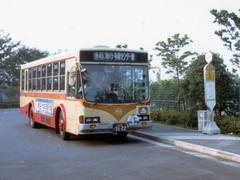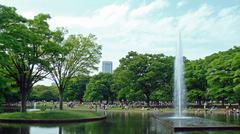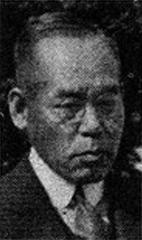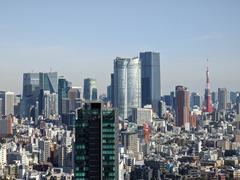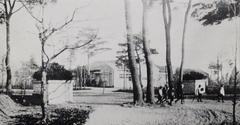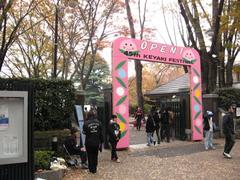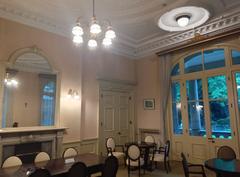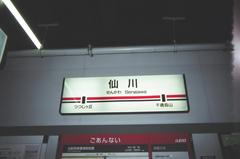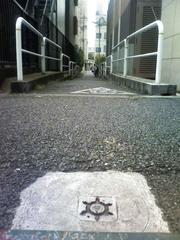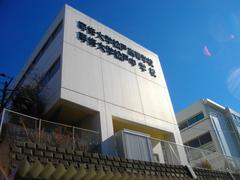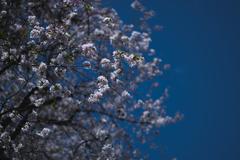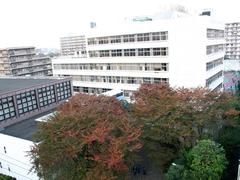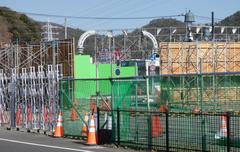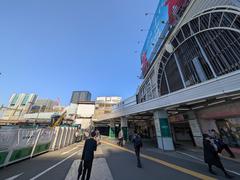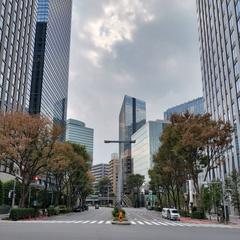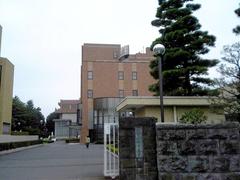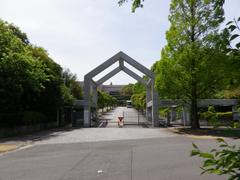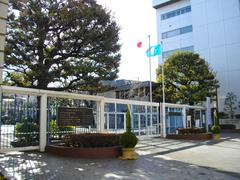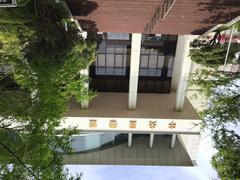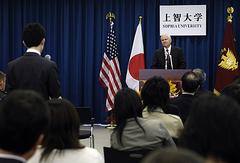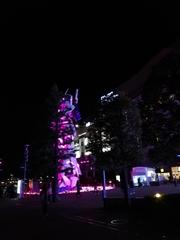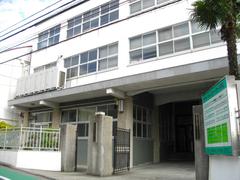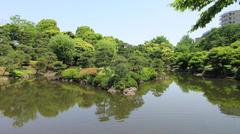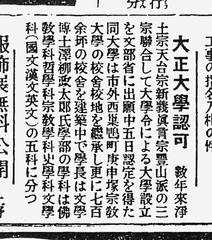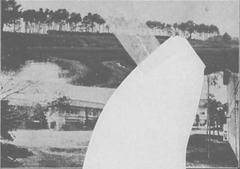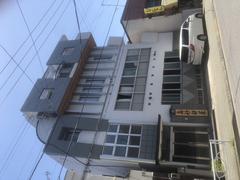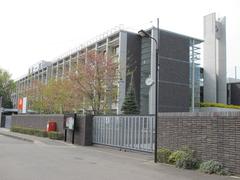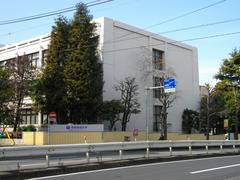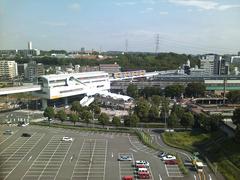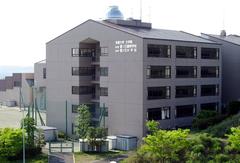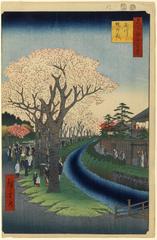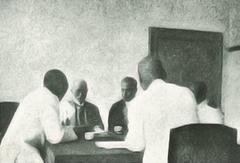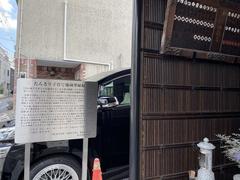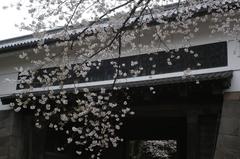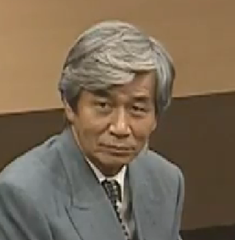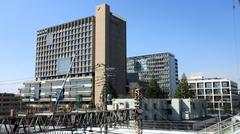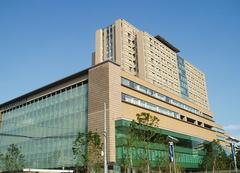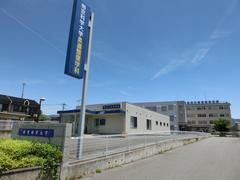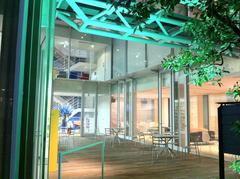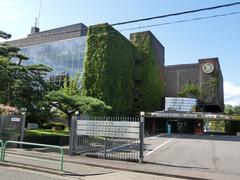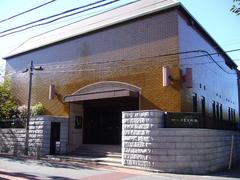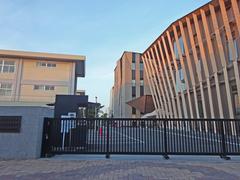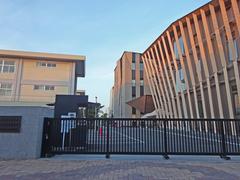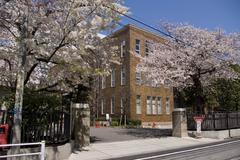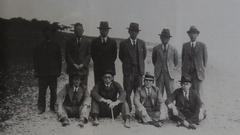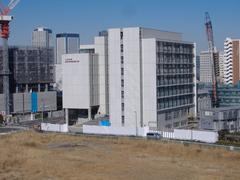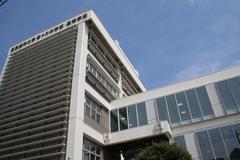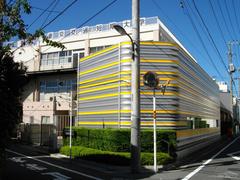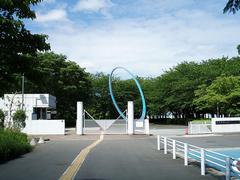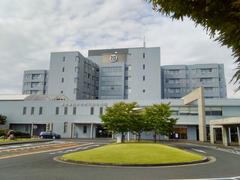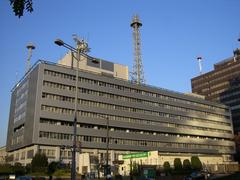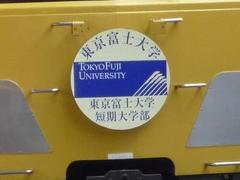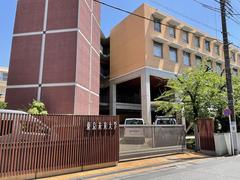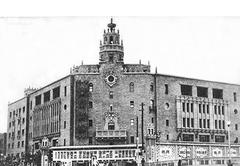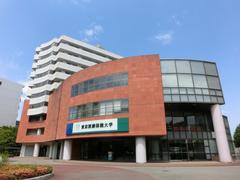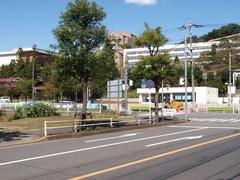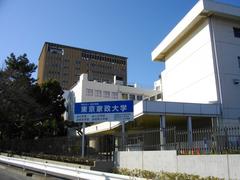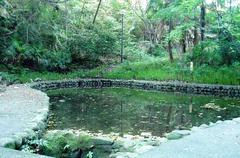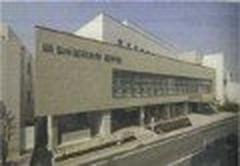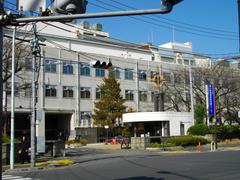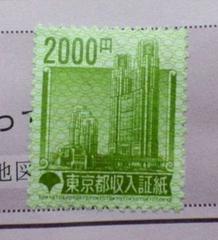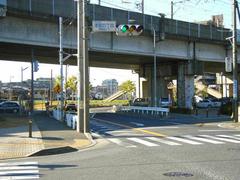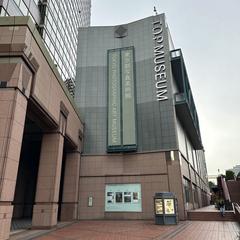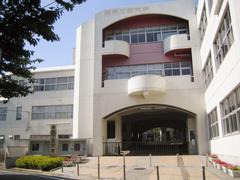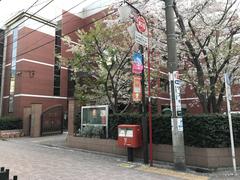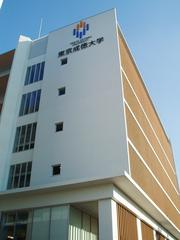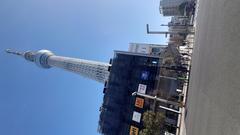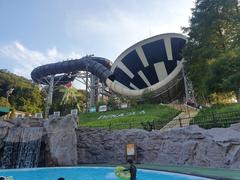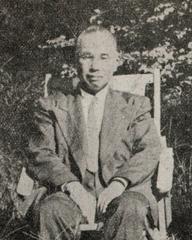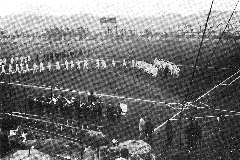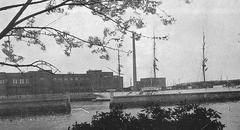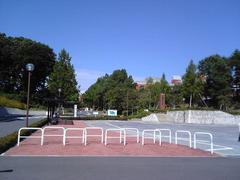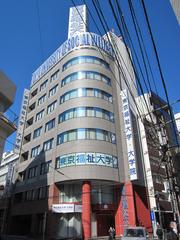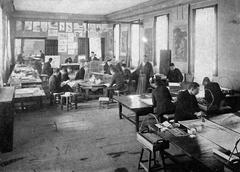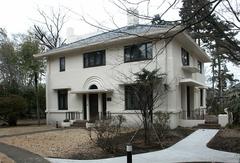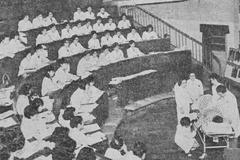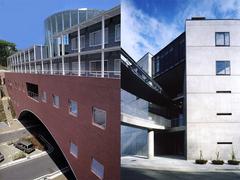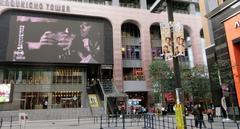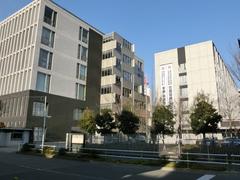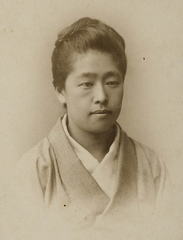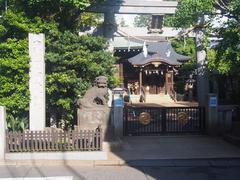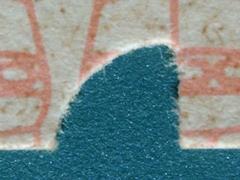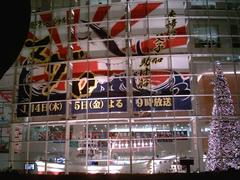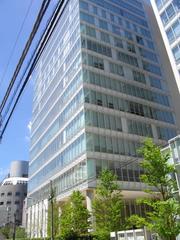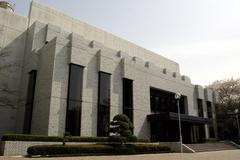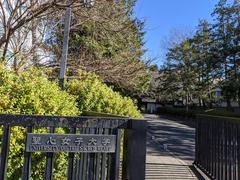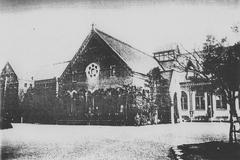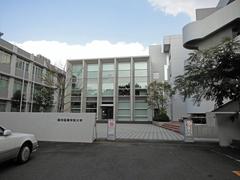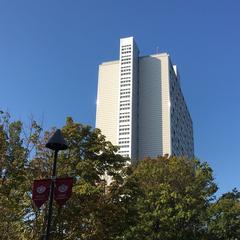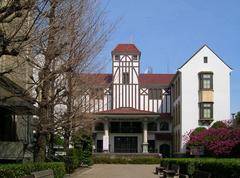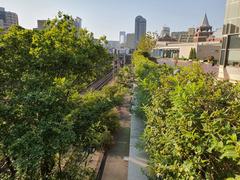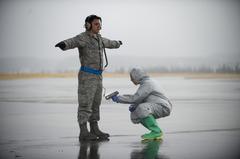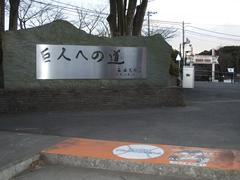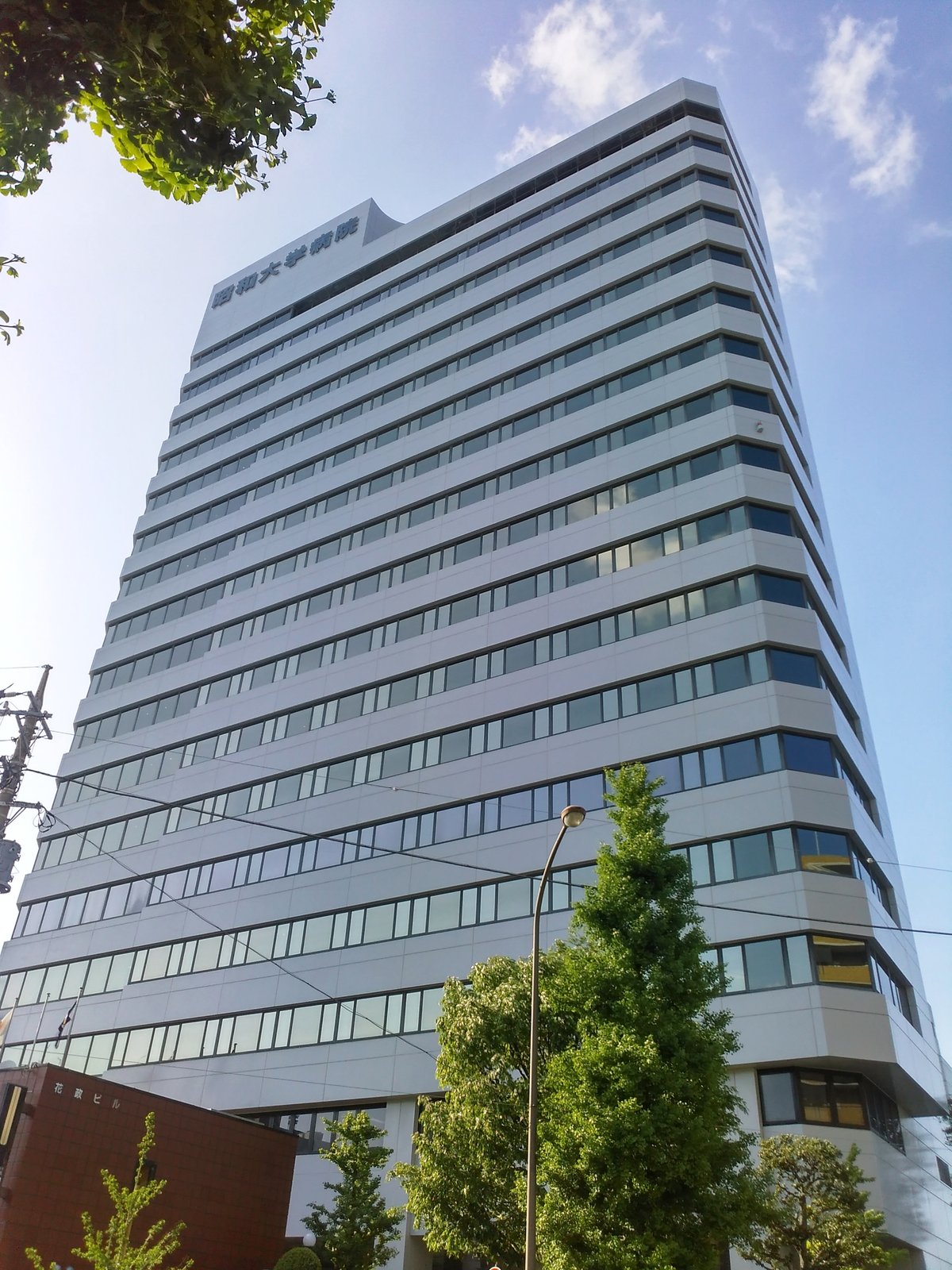
Complete Guide to Showa University Visiting Hours, Tickets, and Exploring Tokyo Historical Sites
Date: 14/06/2025
Introduction to Showa University
Showa University is one of Tokyo’s premier institutions dedicated to medical and health sciences education. Established in 1928 as Showa Medical College, it pioneered a curriculum focused on practical clinical training and patient-centered care, distinguishing itself in Japan’s academic landscape (Showa University Official; Times Higher Education). Over nearly a century, the university has evolved into a multidisciplinary hub, comprising Schools of Medicine, Dentistry, Pharmacy, and Nursing and Rehabilitation Studies. Its campuses—most notably in Shinagawa (Tokyo) and at the scenic foot of Mount Fuji—blend modern facilities with rich tradition, offering an engaging environment for students, researchers, and visitors alike (EduRank). This guide provides comprehensive information on Showa University’s history, visitor access, campus tours, accessibility, and surrounding cultural attractions.
Table of Contents
- Introduction to Showa University
- Historical Development
- Academic Expansion and Educational Philosophy
- Campus and Location Overview
- Visitor Information: Hours, Tours, and Access
- Research & Reputation
- International Partnerships
- Facilities & Accessibility
- Nearby Attractions
- Frequently Asked Questions (FAQ)
- Practical Visitor Tips
- Conclusion
- References
Historical Development
Founding and Early Years
Showa University originated as Showa Medical College in Tokyo’s Ebara district in 1928, founded by Dr. Shusuke Kamijo and colleagues (Showa University Official). Its mission was to provide hands-on clinical education, contrasting the theoretical focus prevalent in Japanese medical schools of the era. The guiding principle, encapsulated in the motto “to feel the pain of patients,” established a tradition of empathy-driven training (Times Higher Education).
Post-War Recovery and Transformation
After World War II, Showa Medical College faced immense challenges but was rebuilt through the collective efforts of its community (Showa Pharmaceutical University History). It became Showa University, broadening its mission to educate not only physicians but also a range of healthcare professionals and researchers.
Diversification of Disciplines
The university expanded its academic offerings to include Dentistry, Pharmacy, and Nursing and Rehabilitation Studies (Times Higher Education). Showa Pharmaceutical University, originally established in 1930 as a junior college for women, grew into a leader in pharmaceutical sciences, now located in Machida (Showa Pharmaceutical University History).
Institutional Philosophy
Showa University’s ethos is rooted in sincerity, teamwork, and interdisciplinary education. Its principle, “至誠一貫” (Shisei Ikkan, “consistency with sincerity”), is reflected in both curriculum and campus life (Showa University Official). A unique feature is the first-year dormitory at the base of Mount Fuji, where students from all faculties live and learn together, fostering unity and reflection (Times Higher Education).
Campus and Location Overview
Main Campuses
- Shinagawa (Tokyo Main Campus): Centrally located with easy access from Shinagawa Station—a major rail and Shinkansen hub.
- Fuji-Yoshida Campus: Home to the first-year dormitory, offering spectacular views of Mount Fuji.
- Machida Campus: Houses Showa Pharmaceutical University.
- Additional Sites: Located in Yamanashi and Kanagawa Prefectures, supporting a broad academic and clinical network (Showa University Official; TopUniversities).
Campus Environment
The Shinagawa campus is set in a lively urban district, close to Tokyo’s longest shopping street and within easy reach of cultural sites, museums, and restaurants. The Fuji-Yoshida campus incorporates natural beauty into the educational experience, reflecting Japanese values of harmony with nature.
Visitor Information: Hours, Tours, and Access
Visiting Hours
- General Access: Weekdays, 9:00 AM – 5:00 PM. Some areas, such as research labs and clinical facilities, may have restricted access.
- Special Events: Extended hours during open campus days and festivals; check the official website for details (Showa University Official).
Campus Tours
- Guided Tours: Primarily for prospective students and families, available during open campus events or by appointment.
- Booking: Arrange in advance via the admissions office. There are no admission fees or tickets required for campus tours.
- Photography: Permitted in public and outdoor areas; always respect privacy and posted guidelines.
Access and Transportation
- Shinagawa Campus: Easily reachable via Shinagawa Station (JR, Shinkansen). Clear signage and frequent public transport make navigation straightforward.
- Fuji-Yoshida Campus: Accessible by bus from Otsuki Station.
- Machida Campus: Served by local rail and bus routes.
Research & Reputation
Showa University is recognized for its research output in medicine, dentistry, pharmaceuticals, and related sciences. In 2025, it ranked 54th in Japan and 1,074th globally, with over 22,900 academic publications and almost 469,000 citations (EduRank). The university is particularly noted for:
- Medicine (37th in Japan)
- Biology, Chemistry, Psychology, and Computer Science (Top 100 in Japan)
- Eight affiliated hospitals, supporting specialized research and clinical training (Times Higher Education).
International Partnerships
Showa University actively engages in global collaboration, partnering with institutions in Egypt, Italy, the United States, and more. These partnerships support academic exchange, joint research, and international training opportunities (Times Higher Education).
Facilities & Accessibility
- Academic and Clinical Facilities: State-of-the-art lecture halls, research labs, simulation centers, and libraries.
- Affiliated Hospitals: Integrated for hands-on medical education.
- Campus Amenities: Cafeterias, bookstores, student lounges, and sports facilities.
- Accessibility: Wheelchair-accessible paths, elevators, and support services. Contact the visitor center to arrange specific accommodations (Showa University Official).
- Virtual Resources: Online campus maps, photo galleries, and virtual tours enhance visitor planning.
Nearby Attractions and Cultural Significance
- Shinagawa District: Explore Tokyo’s vibrant shopping streets, dining options, and historical landmarks.
- Mount Fuji Views: Especially from the Fuji-Yoshida campus.
- Cultural Venues: Hitomi Memorial Hall (concerts and events), Setagaya Art Museum, and Kinuta Park are within easy reach.
- Gotanda District: Known for cherry blossoms, shopping, and dining.
Frequently Asked Questions (FAQ)
Q: What are the visiting hours for Showa University?
A: Weekdays, 9:00 AM to 5:00 PM. Special events may have extended hours. Some facilities require prior arrangement.
Q: Are campus tours available?
A: Yes, primarily for prospective students and their families. Book in advance through the admissions office.
Q: Do I need tickets to visit?
A: No, campus visits and tours are free, but special events may require registration.
Q: How do I access the campus by public transport?
A: Shinagawa campus is near Shinagawa Station; Fuji-Yoshida campus is accessible by bus from Otsuki Station.
Q: Is the campus accessible for people with disabilities?
A: Yes, the campus is fully accessible, with ramps and elevators. Contact visitor services for assistance.
Q: Can I take photographs?
A: Photography is allowed in public areas, but restrictions apply in sensitive locations.
Practical Visitor Tips
- Visit Outside Major Holidays: Avoid Golden Week and other Japanese holidays to ensure availability of tours and minimize crowds.
- Respect Campus Etiquette: Particularly in clinical and research areas.
- Check Language Support: While signage is bilingual, English-speaking staff are available at the admissions office and international events.
- Prepare for Weather: Bring umbrellas in June (rainy season); enjoy cherry blossoms in spring.
- Use Public Transport: Parking is limited; public transit is recommended for convenience.
- Plan Nearby Excursions: Combine your campus visit with local sightseeing for a richer experience.
Conclusion
Showa University offers a distinctive blend of academic excellence, innovative research, and cultural tradition, set against the backdrop of Tokyo’s dynamic landscape. Visitors can explore the university’s modern facilities, historical legacy, and scenic campuses, all while enjoying the convenience and vibrancy of the surrounding city. Whether you are a prospective student, researcher, or curious traveler, Showa University invites you to discover its unique community and to learn more about Japan’s contributions to global healthcare education.
For the latest visiting hours, campus tour schedules, and event information, visit the Showa University official website and follow their social media channels for updates.
Special Focus: Showa Women’s University
While distinct from Showa University, Showa Women’s University in Setagaya, Tokyo, is also worth visiting for its historical and cultural significance. The campus is open to visitors on weekdays from 9:00 AM to 5:00 PM, and is accessible from Yoga and Futako-Tamagawa Stations. General admission is free, though special events may require tickets (Campus Maps and Tours; Upcoming Events at SWU). Architectural highlights, international programs, and nearby attractions such as Setagaya Art Museum and Kinuta Park make it a rewarding stop for those interested in women’s education and Tokyo’s academic scene.
References and Further Reading
- Showa University Official Website
- Times Higher Education – Showa University Rankings
- Showa Pharmaceutical University History
- EduRank – Showa University Rankings
- TopUniversities – Showa University Overview
- Showa Women’s University Official Website
- Campus Maps and Tours
- Upcoming Events at SWU
- Tokyo Public Transportation Guide
